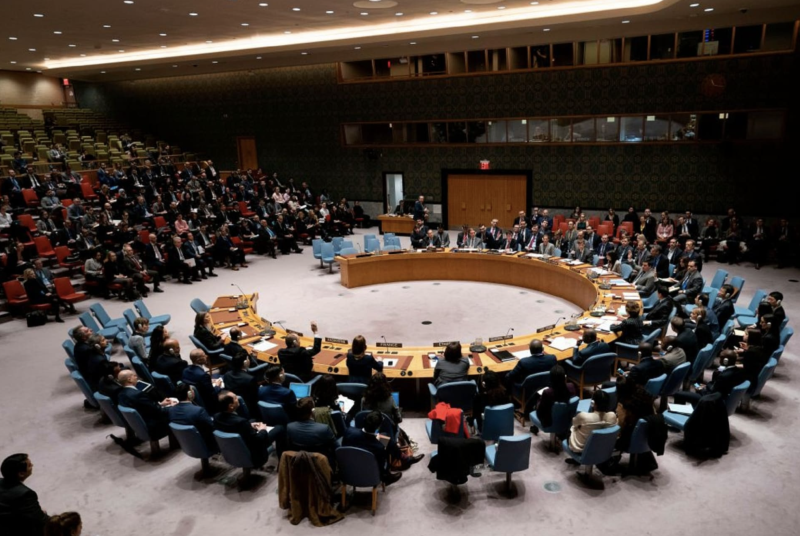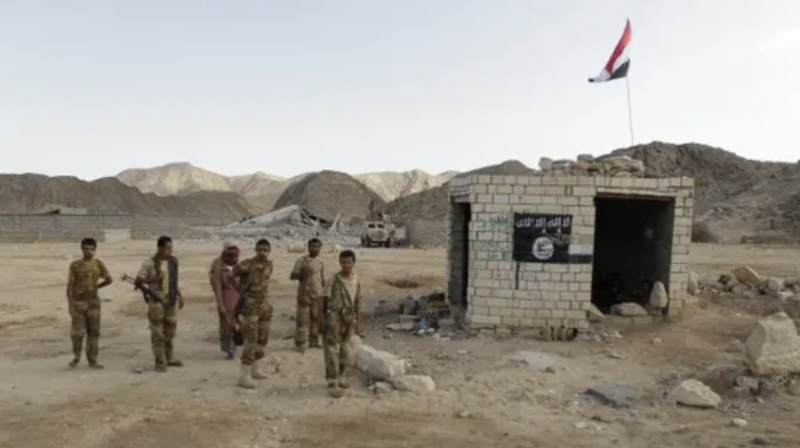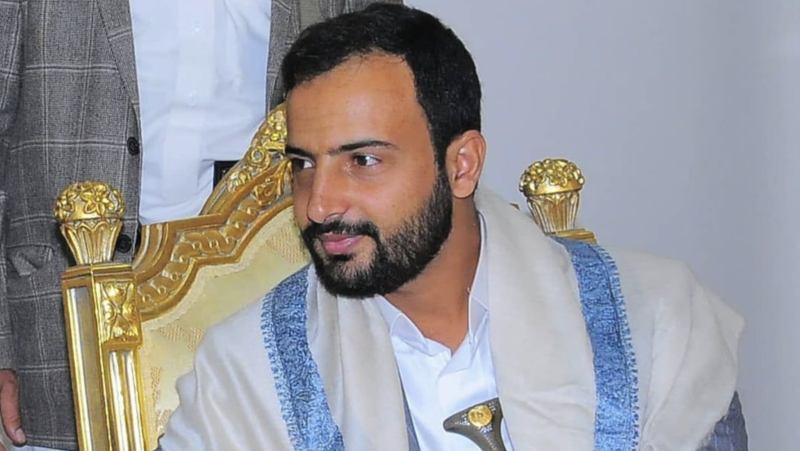Yemen PM : Riyadh Agreement is an Opportunity to Overcome Obstacles, Restore State


Yemeni Prime Minister Maeen Abdulmalik stressed that Saudi Arabia’s efforts towards his country go beyond simply mediating the conflict to finding a sustainable solution.
In an interview with Asharq Al-Awsat via e-mail, he stated that the priorities of the government after the Riyadh agreement will be to restore the regularity and functioning of state departments and institutions.
Custodian of the Two Holy Mosques King Salman bin Abdulaziz sponsored the signing of the agreement between the legitimate government and Southern Transitional Council (STC) that took place in the Saudi capital on Tuesday. The ceremony was attended by Crown Prince Mohammed bin Salman, Deputy Prime Minister and Minister of Defense, Abu Dhabi Crown Prince Sheikh Mohammed bin Zayed al-Nahyan, Yemeni President Abdrabbuh Mansur Hadi and STC chief Aidarous al-Zubaidi and several senior officials.
Responding to the British ambassador’s earlier remarks on it being possible to separate Iran from the Houthi militias, Abdulmalik said that the relationship between the two is much stronger than some international parties envision.
The prime minister touched on other aspects of the Riyadh agreement, concessions made and salaries of state employees.
“The Riyadh agreement was not a passing event or an easy task, but an important achievement that reunifies the internal front of the legitimacy (internationally-recognized political forces in Yemen), and rearranges its priorities in a way that preserves the integrity of the country and meets the demands of all national forces,” Abdulmalik said.
More so, the prime minister pointed out that the power-sharing agreement between the internationally-recognized government headed by Abdrabbuh Mansur Hadi and the STC helps focus the fight against the Iran-backed Houthi insurgency in Yemen.
“We are optimistic that this agreement will usher in a new stage that will accommodate and unite all in the service of the people and complete the tasks of restoring the state,” he noted.
When asked about the first step that will be taken following the signing of the agreement, Abdulmalik replied that it includes the return of government to the interim capital, Aden.
“The return must be linked to a plan to restore services and alleviate the suffering of the people, and to restore the regularity and functioning of state departments and institutions,” he highlighted.

NewYork -- The United Nations Security Council has urged all parties in Yemen to de-escalate tensions and intensify diplomatic efforts to end the c…

Marib — A senior al-Qaeda commander was killed Tuesday in a suspected U.S. drone strike in Yemen’s northern province of Mareb, accordin…

London — The United Kingdom has announced new sanctions targeting Hussein al-Houthi, son of Abdulmalik al-Houthi, leader of the Houthi militi…